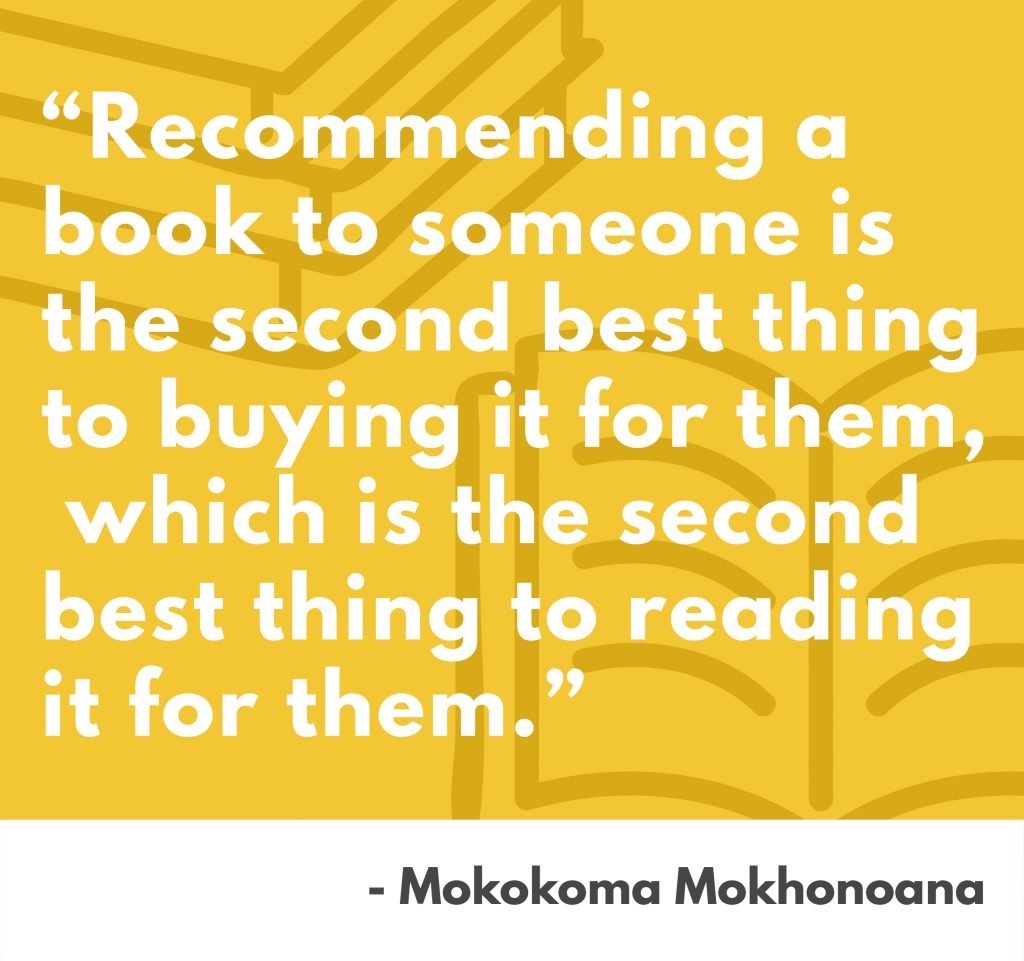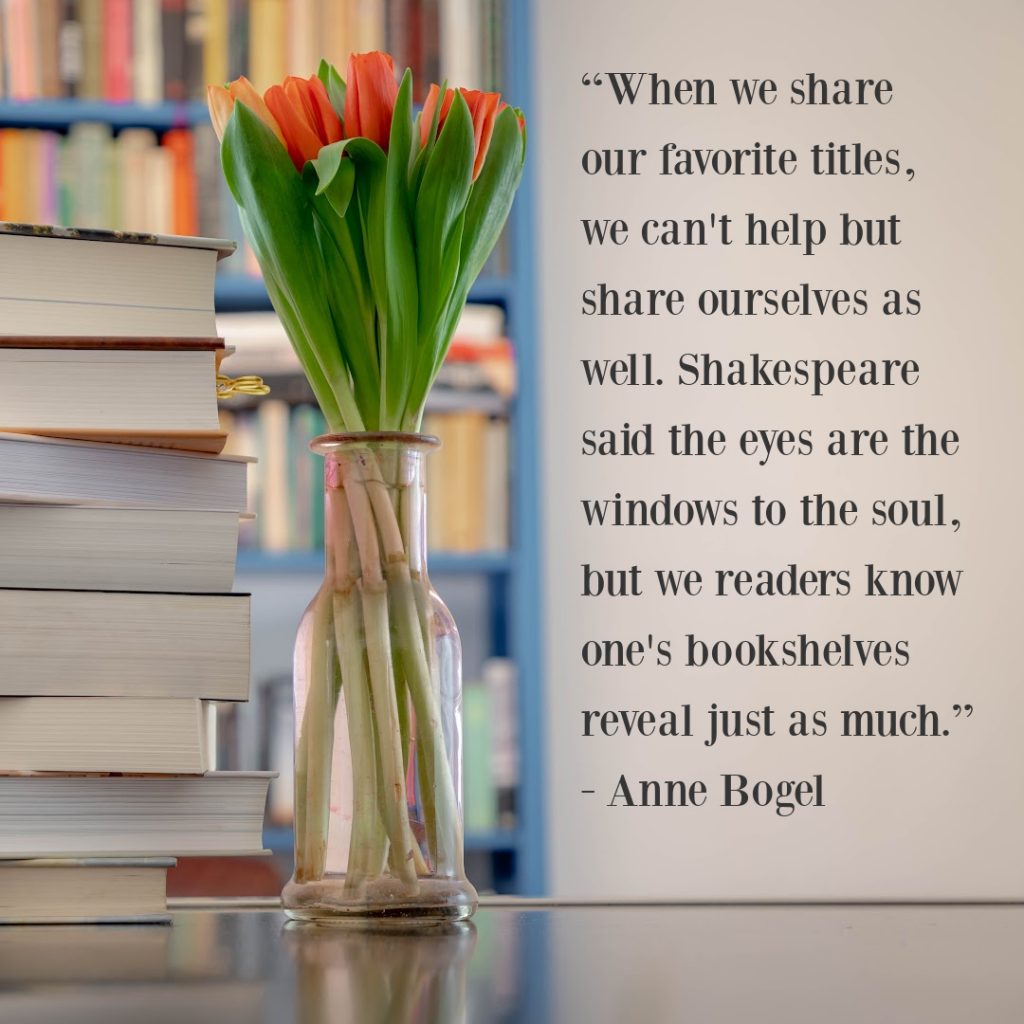I recently came across a blog post titled “5 Things I’ve Learned From Reviewing Everything I’ve Read For Almost Three Years.” My initial reaction to the post’s title was, “Wow! She reviews every book she reads!” And then I remembered that I do this, too, and have for the past eight or so years. If you’ve followed along for any amount of time, this isn’t news because I’ve posted every one of those reviews (minus one or two) right here for your own reading (and reading inspiration) pleasure.
I realize that writing a full-on book report of every book I consume isn’t exactly “normal,” but for me it’s become second nature. I honestly can’t imagine not ending a reading experience by writing a review. In writing hundreds of book reviews, I’ve learned a lot—about my my own reading life and about the art of writing a review—and I’ve developed some big thoughts. Today I thought it might be fun to give you all a peak behind the curtain of the how and why of my book reviewing process.
Let’s begin with motivation: WHY do I do this, especially when the time I spend writing reviews could be spent reading more books. The mosts straightforward answer is that it enhances my reading life. There’s a famous quote that says “what gets measured gets managed.” Measuring my reading life through book reviews is my way of managing and improving my reading: the intentionality that reviewing brings to my reading and book selection gives clarity about the types of books I enjoy and which books I’m better off avoiding. It also gives me that needed nudge to branch out in my reading life, picking up books (and sticking with them) that are outside my comfort zone because I know that even if the reading experience isn’t a successful one, I’ll have something (a book review) to show for it.
Knowing that I will be reviewing a book pushes me to be more purposeful with my book selections, and it makes me a more thoughtful reader. I take notes, highlight passages, and jot down thoughts as I’m reading or listening to a book. This conscientiousness helps with my own reading comprehension and retention, and the act of writing the review solidifies a book in my mind while also giving me a place to refer back to when I’m having difficulty recalling my initial impressions of a book. Often my opinion of a book changes as I’m reviewing it: I’m able to recognize positive elements that I didn’t pick up on while reading, or I see flaws that didn’t jump out at me at first. Reviewing makes me a better reader in that it helps me really see a book.
Writing book reviews is one thing; sharing them is something else entirely. I could keep my reviews for myself, but with the effort it takes me to write a review, it seems dishonoring of my own time not to publish my reviews. That’s the selfish answer. The more charitable one (also true) is that I love matching other readers with the right book, and I’ve gotten enough feedback from all of you to know that my book reviews are doing just that.

Every book reviewer brings his or her own unique perspective to a book and a review—this is why it can be helpful to read many different reviews before deciding whether to read a book—and the perspective I bring to my reading is one many of you have told me that you value. My conservative values come through in my reviews and I don’t apologize for this—though I understand not all readers will share my content reservations, or my enthusiasm for books with a distinctly Christian bent.
One aspect of my book reviews I know many of you appreciate is that I’m not afraid to share a less-than-stellar opinion of a book. There’s a growing trend in book review circles to share only rave reviews; unfortunately this can lead to the promotion of books that aren’t that great or that definitely aren’t great for everyone. I believe this is unfair for authors (whose books aren’t getting into the right hands) and readers, whose experience with a book doesn’t match expectations. It can also leave readers feeling alone when they don’t care for a book everyone else claimed to love.
While I try to be diplomatic in my negative reviews, I won’t sugarcoat my opinions, and I think we need more reviewers willing to share a spicy take or two. In sharing reviews of ALL of the books I read (including the ones I didn’t like), I’m doing my part to balance out those glowing reviews given out of obligation or fear of offending authors. (I might have a different approach if I had a larger platform; as a book reviewer with a small audience I feel more comfortable stating my true opinions, knowing my thoughts won’t substantially affect an author’s career or ego).
Something else I bring to the table in my book reviews is variety. I don’t read exclusively in any particular genre, and I sprinkle quite a few backlist titles in with the newer releases. In the past year I’ve really enjoyed sharing reviews of the books I read aloud with the kids, and many fellow parents have expressed appreciation for these kid lit reviews that help them decide whether or not these books will be a good fit for their own families.
So how do I go about writing a book review? I always write a review IMMEDIATELY after finishing a book, before picking up the next one. I initially type up my reviews in my Day One journal before cleaning them up a bit for blog posts. When I first started reviewing books, a review could take me over an hour to compose; now, the process is much shorter. I often start by reading through the jacket summary of a book (mostly so I know how much of a plot is “safe” to give away—I figure if it’s in the Publisher’s summary it’s fair game). I sometimes read through a few other reviews on Goodreads or Amazon, but I try not to spend too much time there so that others’ reviews don’t color my own.
Over the years I’ve gotten better at sharing a balance of book summary and my own opinions. Nonfiction books are easier for me to review because I can comment on the ideas and content; fiction reviews are more difficult for me because so much of my opinion is based on taste or on how a book made me feel rather than what it said. It’s also easier for me to write a negative review because I have no problem identifying and conveying what I don’t like about a book; giving words to a fantastic reading experience is harder.
I LOVE incorporating favorite quotes into my Quick Lit posts, and choosing just the right one to share is my favorite part of writing a review. In addition to quotable moments, themes are also hugely important for me in a book, so I like to mention these in my reviews. (This also holds me accountable to looking out for prominent themes as I’m reading.) A final factor I consider when writing a review is important information someone might need when deciding whether or not a book is for them—for instance, I try to mention whether there are any strong content warnings or agendas readers should be aware of. I obviously don’t touch on every potential trigger, but if it was something that stood out to me (especially enough to bother me), I’ll make a note of it.

Writing book reviews is always evolving for me, and it’s a skill I hope to continue to improve upon. Regardless of the quality of each particular review, my own reading life is vastly different than it would be if I didn’t have this healthy practice of writing reviews. My reading is better for these book reviewing rhythms, and I love knowing that many of your bookish experiences have been shaped by my reviews. Thank you for trusting me to share my reading life with you; it is my absolute pleasure.
Fabulous post! I love your thoughtful, honest, and carefully constructed reviews! You’ve shared some wonderful tips here. I love themes as well! 😍